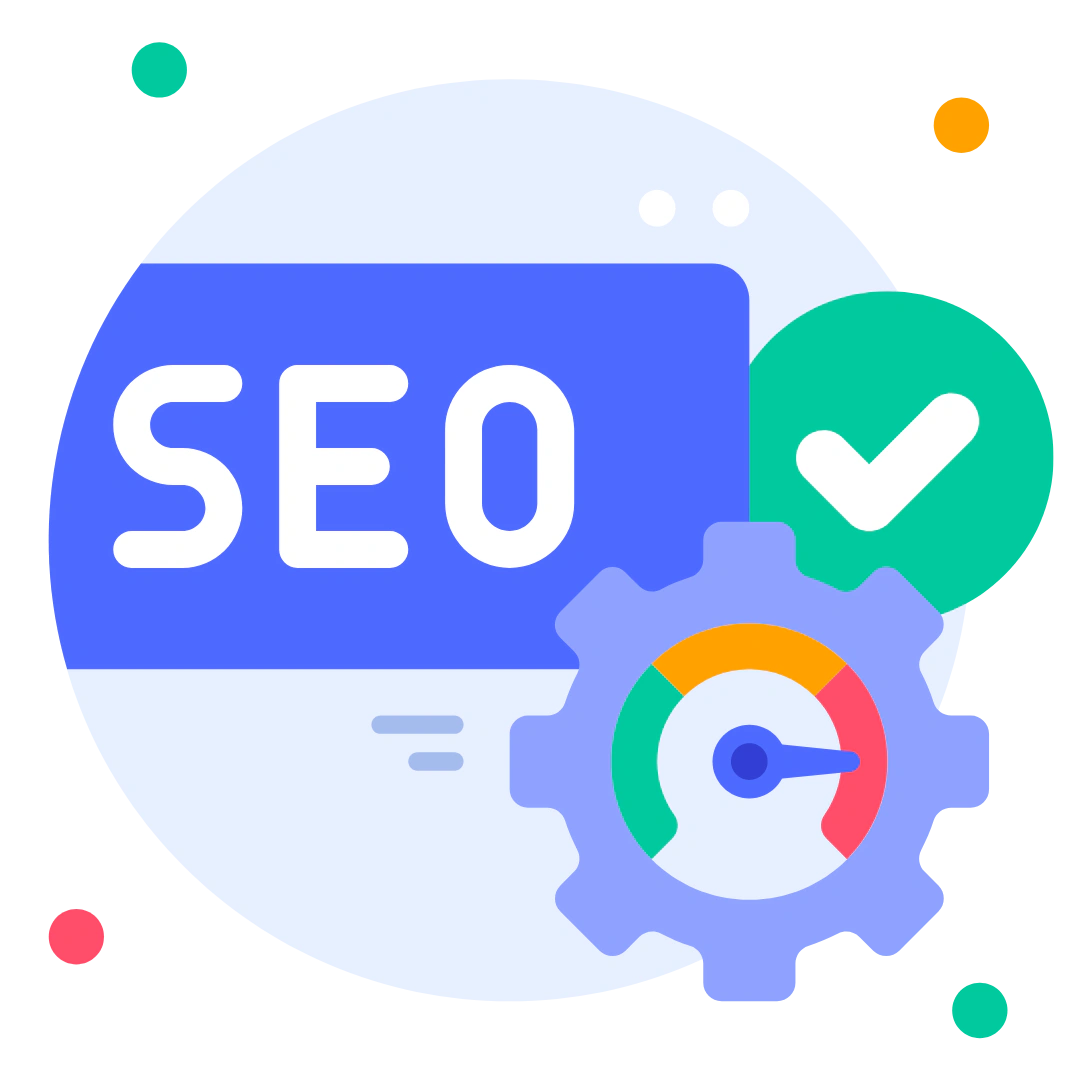Your Ultimate Guide to Website Search Engine Optimization (SEO)

In today's digital landscape, having a website isn't enough. To truly thrive online, your site needs to be visible to your target audience. That's where Search Engine Optimization (SEO) comes in.
SEO is the process of optimizing your website to rank higher in search engine results pages (SERPs) like Google, Bing, and others. This means that when potential customers search for products, services, or information related to your business, your website will appear at the top of the search results, driving more organic traffic and potential customers.
Key Elements of Website SEO
- Keyword Research: The foundation of any SEO strategy is keyword research. Identify the words and phrases your target audience uses when searching online. Integrate these keywords naturally into your website's content, titles, headings, and meta descriptions.
- On-Page Optimization: This involves optimizing individual web pages to make them more search engine friendly. Key aspects of on-page SEO include:
- Title Tags and Meta Descriptions: Craft compelling title tags and meta descriptions that accurately describe your page's content and include relevant keywords.
- Header Tags (H1, H2, H3): Use header tags to structure your content and make it easier for search engines to understand.
- URL Structure: Create clean, descriptive URLs that incorporate keywords.
- Content Optimization: Write high-quality, informative, and engaging content that provides value to your audience.
- Technical SEO: This refers to optimizing the technical aspects of your website to improve its crawlability and indexability by search engines. This includes:
- Website Speed: Optimize your website's loading speed for a better user experience and improved search rankings.
- Mobile-Friendliness: Ensure your website is responsive and adapts seamlessly to different screen sizes.
- XML Sitemaps: Create and submit XML sitemaps to help search engines discover and index your web pages.
- Internal Linking: Use internal links to connect relevant pages within your website, helping users and search engines navigate your site.
- Off-Page SEO: This involves activities outside your website that influence your search rankings. Key aspects of off-page SEO include:
- Link Building: Earn high-quality backlinks from reputable websites, signaling to search engines that your website is trustworthy and authoritative.
- Social Signals: Social media engagement (shares, likes, comments) can indirectly influence your search rankings.
- Local SEO: If you have a local business, optimize your website for local searches by creating a Google My Business profile and ensuring your NAP (Name, Address, Phone number) information is consistent across the web.
Why Choose Associative for Your SEO Needs?
Associative is a leading web development and SEO company specializing in:
- Comprehensive SEO Strategies: We tailor our SEO approach to your specific business goals and target audience.
- Web3 Expertise: We stay at the forefront of emerging technologies like Web3, DApps, blockchain, and cryptocurrency, ensuring your website is future-ready.
- Full-Stack Development: Our team of skilled developers can build custom websites, mobile apps, and software solutions to meet your unique needs.
Conclusion
Website SEO is an ongoing process that requires consistent effort and attention to detail. By implementing the strategies outlined in this guide and partnering with a trusted SEO company like Associative, you can improve your website's visibility, attract more organic traffic, and ultimately grow your business.
Let's Get Started!
Contact Associative today for a consultation to discuss your website SEO and development needs. We're committed to helping you achieve your online goals and maximize your success.



To learn more, consider reading other articles, blogs, and stories in this area.



















